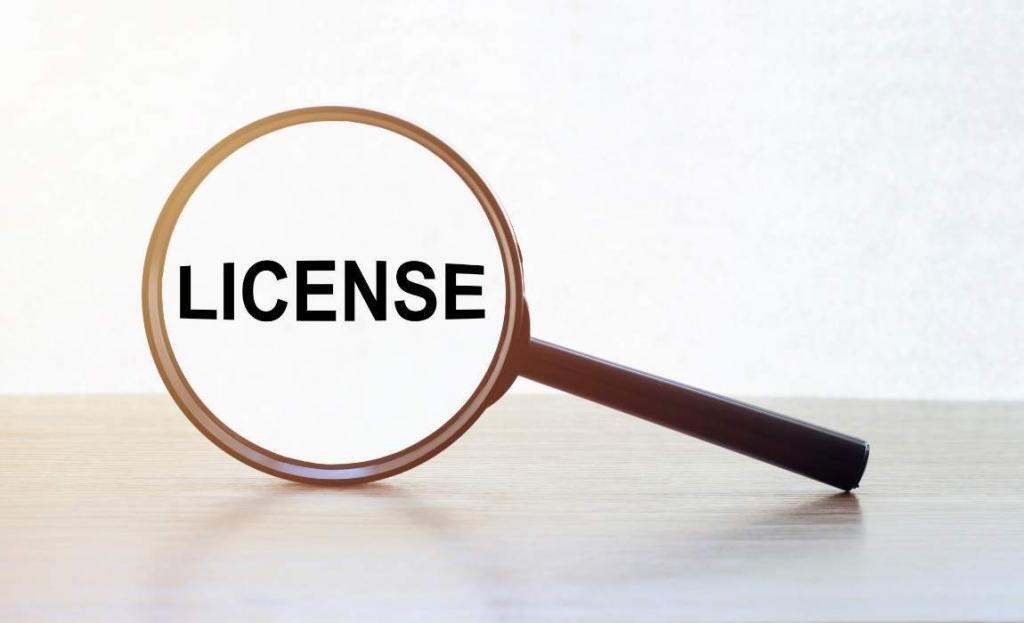Body Contouring Business Licensing Requirements: What You Need to Know (State-by-State Guide)

What Are the Body Contouring Business Licensing Requirements?
It’s one of the first—and most confusing—questions new body contouring professionals ask:
What are the body contouring business licensing requirements?
If you’ve searched for answers and come up empty, you’re not alone. The reason it’s so difficult to find clear information is that non-invasive body contouring is a relatively new, largely unregulated field.
The good news? You can start your body contouring business confidently once you understand the simple steps to determine your federal, state, and local licensing needs. This guide will walk you through everything you need to know—plus give you links to find your state’s requirements fast.
Disclaimer: This guide is for educational purposes only and should not replace legal advice. Always verify your specific state and local regulations.
Certification vs. Licensing: What’s the Difference?
You’ll need both:
- Body Contouring Certification – to prove you’ve been properly trained to perform treatments.
- Business Licensing – to operate legally in your state and city.
Certification confirms your professional training and competence in using non-invasive technologies like cavitation, radiofrequency (RF), vacuum therapy, and LED.
Licensing, on the other hand, is issued by government authorities to give you permission to run your business.
Even if you already hold a professional license (for example, as an esthetician or nurse), you’ll still need proper body contouring certification for each technology you use.
How to Earn Your Body Contouring Certification
You can earn your certification through an accredited online program with qualified instructors—like the Body Contouring Academy, founded by medical and aesthetic professionals Shannon and Kay.
Looking for more certification options? Explore our full course catalog here:
👉 Body Contouring Certification Courses
Body Contouring Business Licensing Guide
Federal Licensing Requirements
At this time, no federal laws regulate non-invasive body contouring.
You do not need a federal license to operate a body contouring business in the United States.
However, when registering your business, you’ll need to select an industry code. The U.S. government classifies non-invasive body contouring under:
SIC Code 7299 – Miscellaneous Personal Services
You can learn more about this classification here.
State and Local Business Licensing Requirements
While the federal government does not regulate non-invasive body contouring, each state—and sometimes each city or county—has its own rules for operating a business.
- Most states require some form of general business license.
- Some states also require special permits for businesses offering aesthetic or health-related services.
- A few states have professional licensure rules for who can perform specific procedures.
To make it simple, we’ve created a state-by-state directory (see below) so you can quickly locate your local requirements.
You can also check these helpful resources:
- Small Business Development Centers (SBDC): Free local guidance for entrepreneurs. Find your nearest SBDC
- Small Business Administration (SBA): SBA.gov provides articles, templates, and startup tools.
- CityApplications.com: Search business license requirements for your city and state.
Pro Tip: When researching, reach out to other local body contouring professionals (outside your direct competition) to ask how they navigated their licensing process. Most are happy to share their experience!
Professional or Occupational Licensing Requirements
A professional or occupational license is different from a business license—it’s issued by the state for certain professions such as nursing, cosmetology, or aesthetics.
In most states, you don’t need a professional license to perform non-invasive body contouring. However, if you do hold one, it’s essential to confirm that your license doesn’t restrict you from offering body contouring treatments.
In summary:
- If you’re unlicensed: Most states allow you to perform non-invasive body contouring after completing proper training and certification.
- If you’re licensed: Check your state’s board to confirm your scope of practice includes body contouring services.
How to Find Your State’s Licensing Requirements
To make your research fast and frustration-free, use our click-to-expand State Licensing Directory.
Each section below links directly to the state’s official business registration or licensing portal.
Your Next Step: Get Certified and Launch with Confidence
Understanding your body contouring business licensing requirements is a key step—but it shouldn’t slow you down. Once you know your state and local rules, you can confidently move forward, earn your certification, and start transforming clients’ lives.
Learn more about becoming a certified body contouring professional:
👉 Body Contouring Certification Courses
Updated 2025 by Body Contouring Academy
FAQs About Body Contouring Business Licensing Requirements
In most states, you’ll need a general business license but not a professional license. Non-invasive body contouring is typically unregulated at the federal level, so state and local rules apply.
Certification proves you’ve been trained to safely and effectively use specific body contouring technologies. Licensing grants legal permission from your state or city to operate your business.
Currently, no federal agency regulates non-invasive body contouring. Regulation occurs at the state and local level, and requirements vary by region.
Use our click-to-expand directory above to access each state’s official licensing website. Always verify with your local city or county office as well.
